I have only used SQL rarely until recently when I began using it daily. I notice that if no "order by" clause is used:
- When selecting part of a table the rows returned appear to be in the same order as they appear if I select the whole table
- The order of rows returned by a selecting from a join seemes to be determined by the left most member of a join.
Is this behaviour a standard thing one can count on in the most common databases (MySql, Oracle, PostgreSQL, Sqlite, Sql Server)? (I don't really even know whether one can truly count on it in sqlite). How strictly is it honored if so (e.g. if one uses "group by" would the individual groups each have that ordering)?



